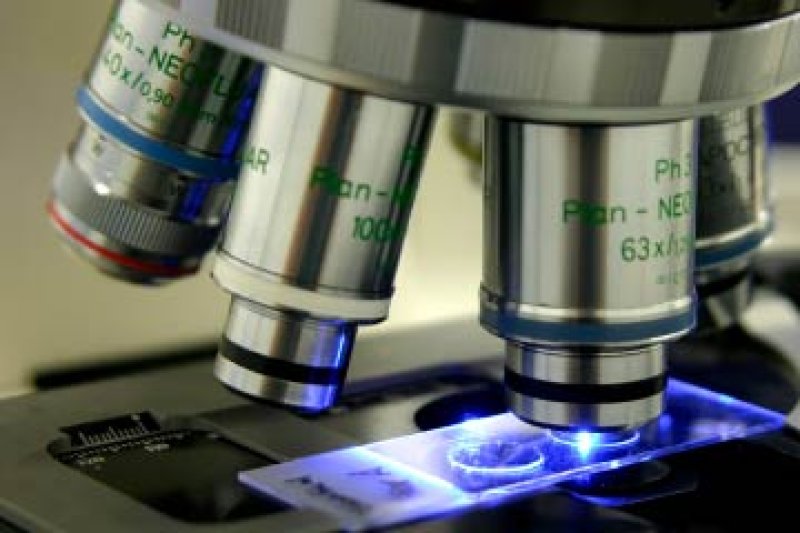The GLP aggregated and excerpted this blog/article to reflect the diversity of news, opinion and analysis.
After [experiencing a sharp pain along his spine], [Ken Deutsch] was eventually diagnosed with Stage I bladder cancer.
…
After hearing about his family history, Deutsch’s doctors ordered a diagnostic screening test for BRCA1 and BRCA2 mutations made by Myriad Genetics[.] The test showed he has the same mutation as his second cousin[.] [Deutsch] was frustrated to learn that Myriad doesn’t share its data.
…
This isn’t the first time the ACLU has taken on Myriad.
“Myriad’s temporary monopoly allowed it to amass an enormous proprietary database,” [says Tania Simoncelli]. “Since the mid-2000s, Myriad has not shared its data with public databases.”
…
As part of [Cancer Moonshot], scientists, universities, grassroots organizations and institutions…have pledged to build portals to quickly and widely disseminate data on genetic tests, treatment responses, personal experiences and more.
…
“Which cancers which [BRCA variant] cause, there’s not enough data to reliably be able to pinpoint that information. We don’t know much about it,” [Deutsch says], “because [Myriad is] holding on to the data.”
Read full, original post: Genetics Labs Hoarding Cancer Patient Data Could Be Impeding Care































